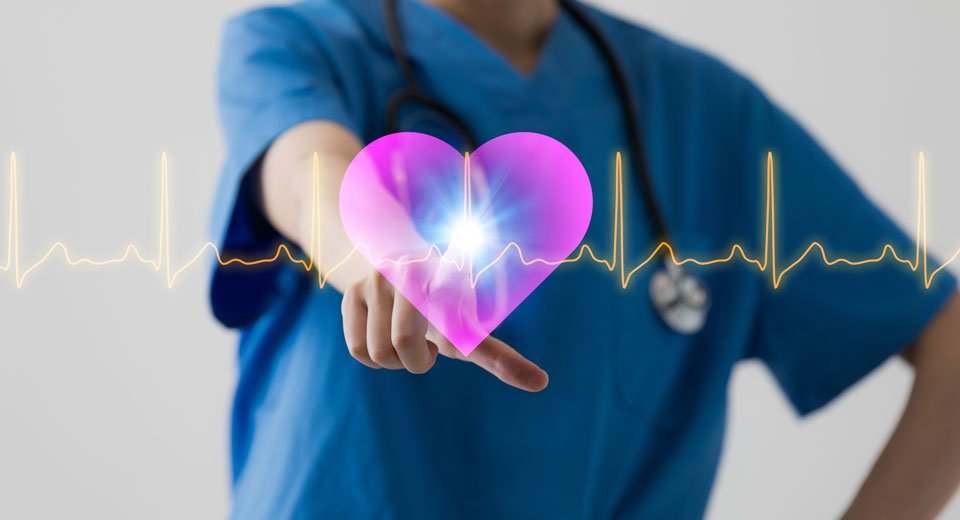A quicker test for heart attacks

When it comes to heart attacks, women have a disadvantage: Neither they nor doctors may recognize their symptoms as being cardiac-related, leading to critical delays in treatment.
A new test at Falmouth Hospital and Cape Cod Hospital emergency rooms may help solve that. Both emergency rooms now have a new highly-sensitive test that detects levels of troponin T or troponin I in the bloodstream -- proteins that are released when the heart muscle is damaged. The more damage to the heart, the higher the levels of troponin. Where it used to take a day to screen for a heart attack, the turnaround will now be about one to three hours, according to Megan A. Titas, MD a cardiologist at Cape Cod Healthcare’s Cardiovascular Center in Falmouth.
“That’s going to really help with diagnosis and rapid turnarounds -- ‘Is this a heart thing? Or is it something that could be non-cardiac?” she said.
This comes at a time when researchers are seeing an uptick in heart attacks, or myocardial infarction, among younger women ages 35 to 54, according to findings from the 20-year Atherosclerosis Risk in Communities Surveillance Study. The research also found that because women’s cardiac symptoms weren’t always recognized, they were less likely than men to get timely treatments such as cardiac catheterization. That’s despite the fact that heart disease remains the number one cause of death among women,
Both men and women are likely to experience chest pain or pressure during a heart attack said Dr. Titas. However, younger patients are less likely to have chest pain. Those with diabetes may also have atypical symptoms, she said. Female patients and doctors are more likely to dismiss subtle symptoms such as changes in sleep patterns, fatigue or shortness of breath as symptoms of anxiety, she said.
Stress as a Factor
Also, severe mental stress is more likely to trigger heart attack symptoms in women than in men, she said.
“That’s where the anxiety piece gets difficult to separate,” she said. “But definitely the data shows that women can have symptoms at those times more often than men.”
Women may not recognize that symptoms are coronary artery disease, she said. “And unfortunately, we’re not as good at diagnosing women as we are as men.”
Of course, to get treated, women have to seek medical care if they think they are having a heart attack. For starters, they need to take cardiac risk factors seriously, Dr. Titas said.
Meanwhile, doctors should start screening patients at age 20 for cardiac issues by considering lipid levels, family history, conditions such as diabetes and hypertension, smoking history, diet and exercise habits, and pregnancy conditions such as preeclampsia, among other issues, she said.
“This is not just a man’s disease,” Dr. Titas said. “I think that needs to be emphasized. Chest pain is not normal. If it’s waking you up from sleep, it definitely needs to be evaluated. These are alarming symptoms. And if it is stress or anxiety, that affects your health, too.”
